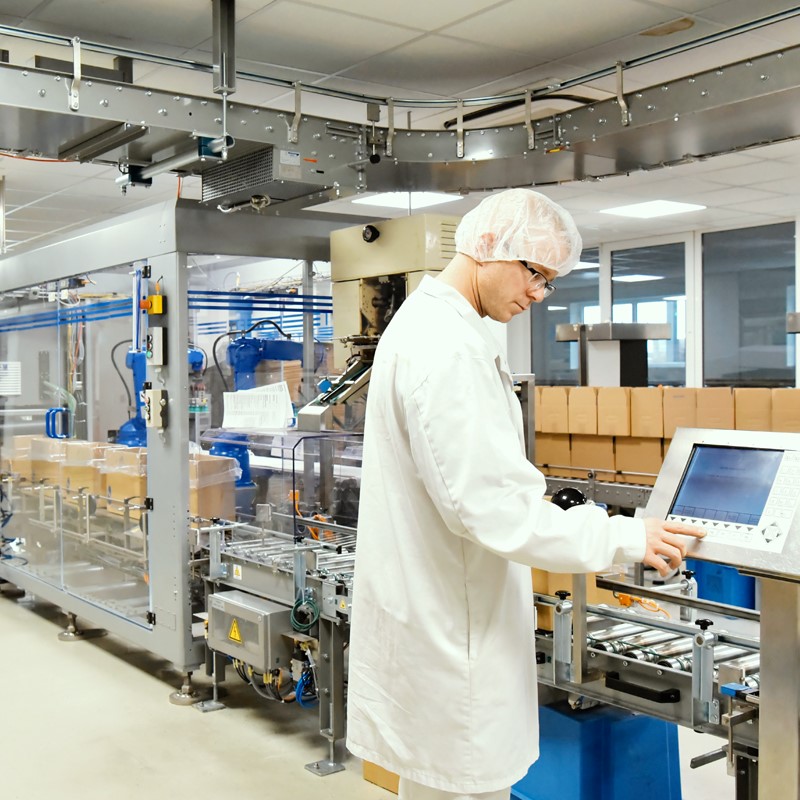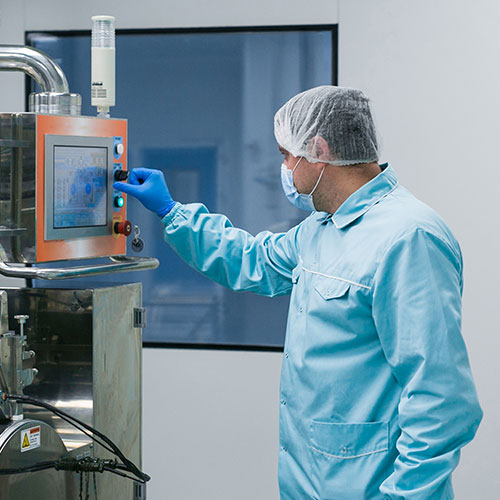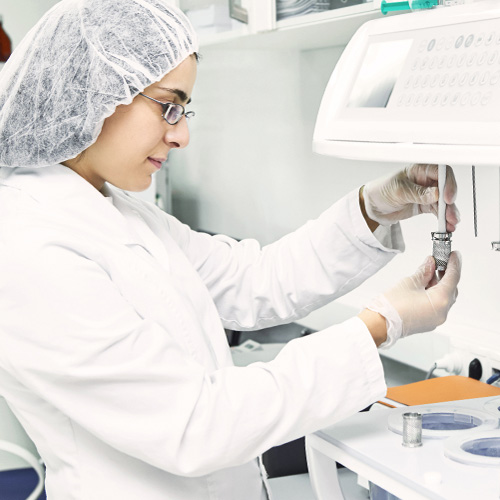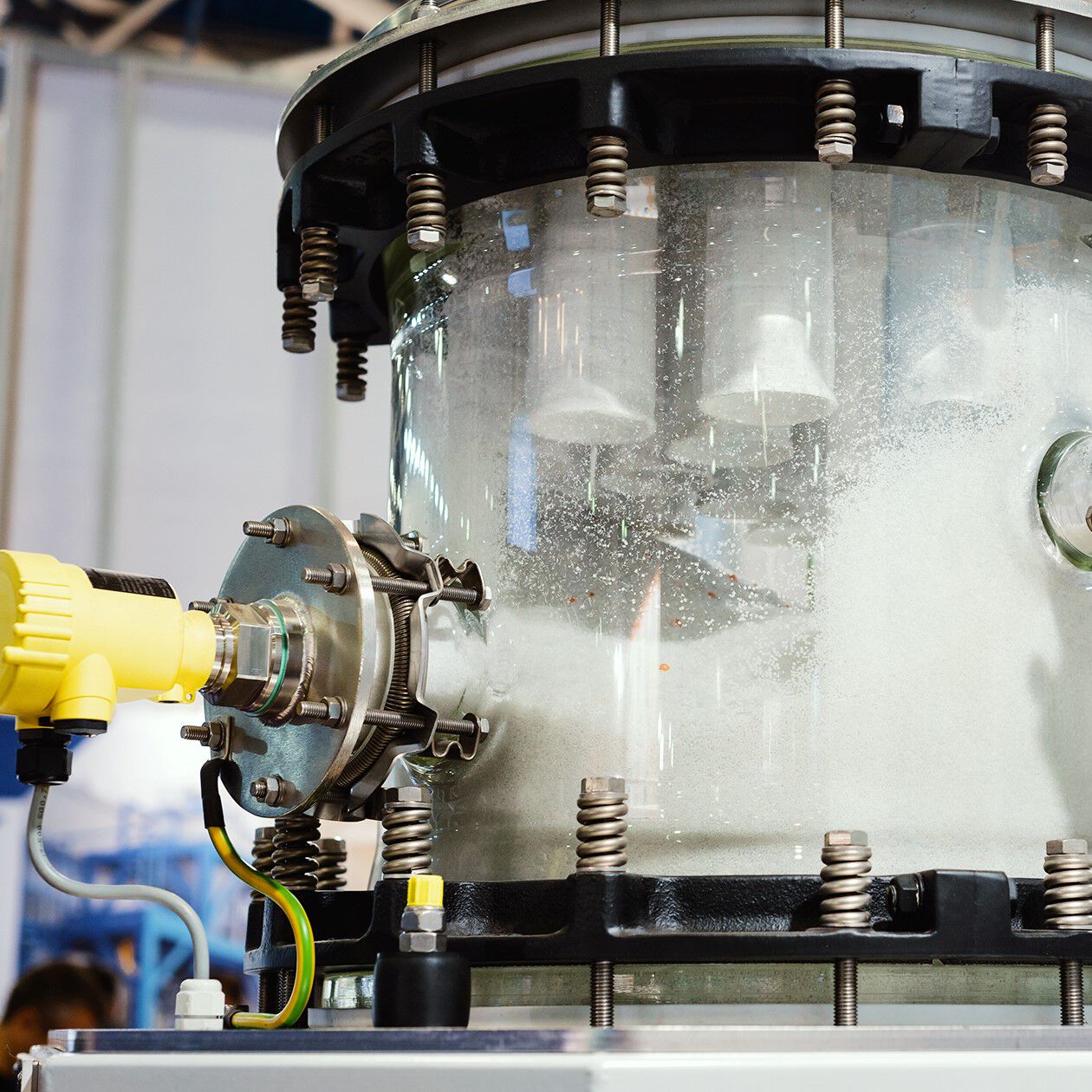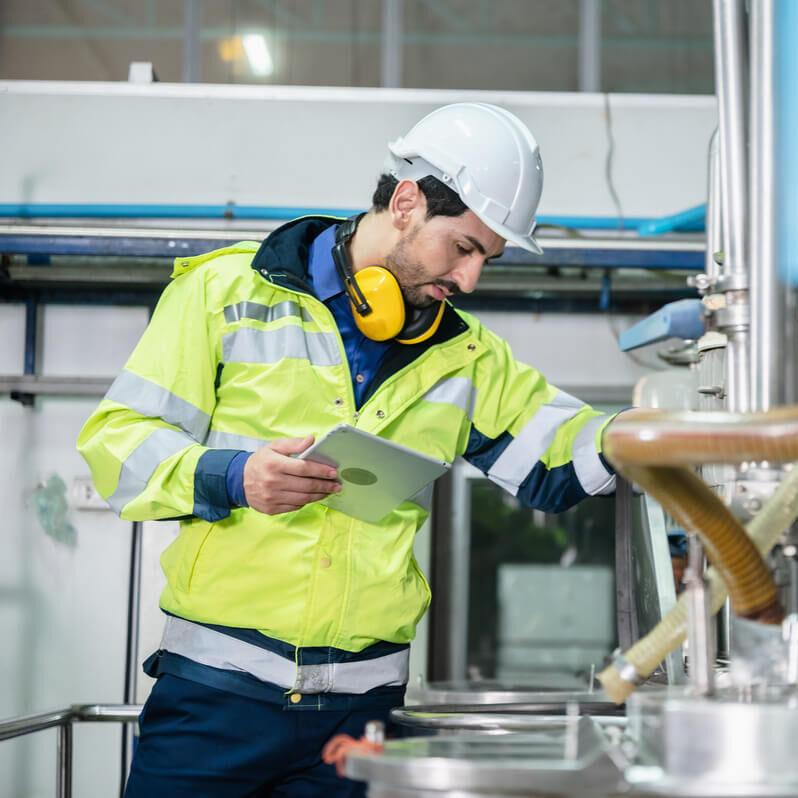Supply Chain Management in the chemical sector
Supply Chain Management is another key issue when it comes to ensuring organizational performance. The optimal combination of the "triangle" of production (= long lead times), sales (= high agility towards customers) and supply chain (= minimization of inventories) still offers potential, especially in the chemical industry. The resilience of the supply chain is also becoming more relevant. The times when the availability of certain raw materials could be taken for granted are over. In addition, chemical companies are particularly susceptible to risks such as raw material shortages and geopolitical instability due to their global supply chains.
Future-proofing the supply chain
Supply Chain Management must proactively assess and manage these risks. Accordingly, the (global) setup and structure of the supply chain must be aligned in such a way that supply from other sources can be quickly established and secured in the event of a supplier failure, for example. Digitalization technologies provide additional security, for example when tracking different elements of raw materials, from means of transport to the end product or packaging. This makes the status quo of the supply chain transparent and potential risks visible before they lead to delays or stoppages.
CLIENTS
Further services for the chemical industry




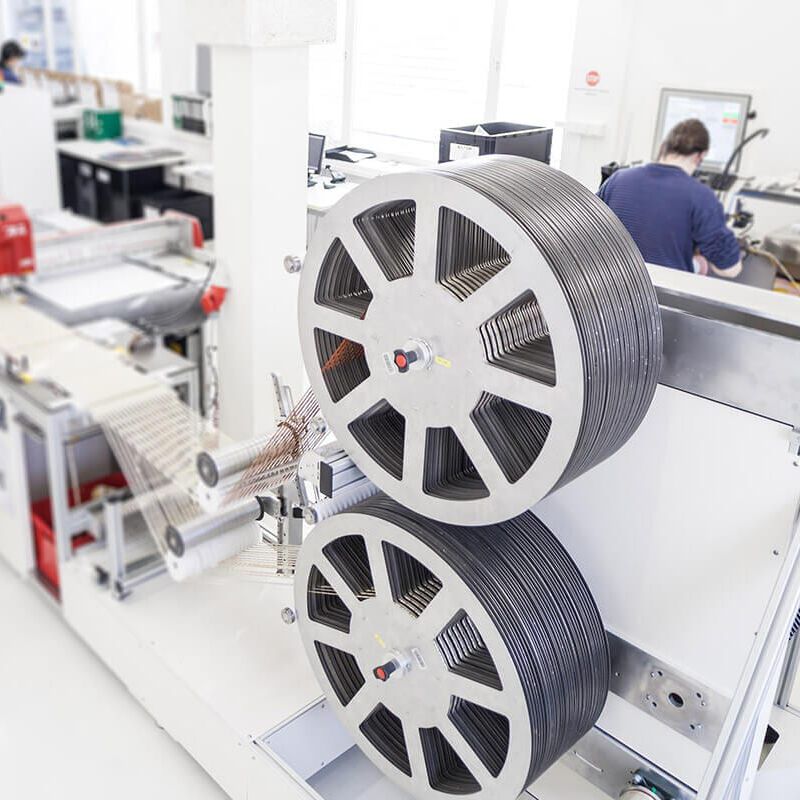
![[Translate to English:] ROI Case Studie - Digital Twin](/fileadmin/_processed_/6/1/csm_roi-casestudy-digital-twin_3c8c268a58.jpg)

![[Translate to English:] Warehouse 4.0, Intralogistik 4.0, Logistik](/fileadmin/user_upload/intralogistik-2030-roi-beratung.jpg)
